La viande de porc du minicordon-bleu est d’origine suisse. Tout comme le fromage et le jambon. Jusqu’à présent, son fabricant, Bofrost, avait signalé ce produit dans son catalogue avec un drapeau suisse. Mais désormais, c’est terminé. À cause de la panure: la chapelure ne vient pas de Suisse. Conformément à la nouvelle réglementation Swissness, ce produit ne peut donc plus être labellisé suisse. La loi stipule en effet que, pour qu’un produit alimentaire puisse être commercialisé sous l’étiquette «suisse», les ingrédients d’origine suisse qu’il contient doivent représenter au minimum 80 % de son poids. Or la panure constitue 25 % du poids du minicordon-bleu de Bofrost.
Cette nouvelle législation a contraint de nombreuses entreprises agroalimentaires suisses à modifier leurs recettes, leurs emballages – ou les deux. C’est notamment le cas du fabricant de müesli Bio-Familia. En raison de la nouvelle réglementation, celui-ci aurait dû supprimer la croix suisse sur 110 emballages différents (parmi 130). La modification de 50 recettes lui a toutefois permis de conserver ce symbole sur les emballages correspondants. L’entreprise a longuement hésité entre l’adaptation des recettes et la suppression de la croix suisse, explique Niklaus Iten, de Bio-Familia. Finalement, la balance a penché en faveur du maintien du logo, notamment par crainte d’un recul des exportations. «Les clients à l’étranger nous ont clairement dit: sans croix suisse, aucune chance», indique-t-il.
Jus ou frites
Chez le fabricant de produits alimentaires Hero aussi, la nouvelle loi a généré quelques changements. Le logo suisse a été supprimé sur 70 produits, notamment sur les pâtes de la marque Napoli. Elles sont certes produites en Suisse mais la semoule de blé dur n’étant pas disponible en quantité suffisante, elle est importée. Autres exemples: Nestlé a supprimé la croix suisse sur 80 produits, dont certains des marques Thomy et Leisi. Le logo a également dû être retiré sur les jus Ramseier contenant des fruits exotiques. En ce qui concerne les produits prêts à l’emploi de Frigemo, il a été supprimé pour les frites. En effet, il ne pouvait être garanti que celles-ci étaient composées à 80% de pommes de terre suisses. Chez le fabricant de bonbons aux herbes Ricola, très offensif sur son origine suisse, il n’est en revanche question que de modifications ponctuelles des recettes.
La nouvelle loi est critiquée par de nombreuses entreprises. Le fabricant de produits laitiers Hochdorf considère par exemple qu’elle met trop l’accent sur la provenance des matières premières et pas assez sur la fabrication en Suisse. Et Daniel Bloch, directeur de Camille Bloch, qui produit entre autres le fameux Ragusa, déplore que les exigences lourdes s’appliquant à la provenance des matières premières créent de nouveaux obstacles pour les entreprises qui produisent en Suisse.
Sarah Stalder, directrice de la Fondation pour la protection des consommateurs, n’a aucune compréhension pour de telles déclarations: «Se lamenter maintenant montre uniquement que l’on encaisse volontiers le bonus Swissness en tant que fabricant de denrées alimentaires mais que l’on ne veut surtout rien changer», estime-t-elle. Selon elle, le secteur a eu suffisamment de temps pour s’adapter aux nouveautés ou demander des dérogations. De même, selon Dominique Kohli, sous-directeur de l’Office fédéral de l’agriculture, «les conséquences de la loi Swissness sont dramatisées». À sa connaissance, aucune entreprise n’a dû procéder à des réductions d’effectifs.
Matthias Pfander est rédacteur économique au «Tages-Anzeiger»
La nouvelle réglementation Swissness
Quand un produit peut-il être présenté comme étant d’origine suisse?
Produits naturels: pour les minéraux (comme le sel), les plantes, les fruits, le gibier et le poisson, le lieu d’extraction, de récolte, de pêche ou de chasse est déterminant. En ce qui concerne la viande d’élevage, les animaux doivent avoir passé la majeure partie de leur existence en Suisse. Les produits d’origine animale comme les œufs, le lait ou le miel doivent provenir d’élevages suisses.
Denrées alimentaires: les matières premières suisses doivent représenter au minimum 80 % du poids du produit et les grandes étapes de transformation doivent avoir lieu en Suisse. Si un ingrédient n’est pas disponible en Suisse (par exemple le cacao ou l’ananas) ou pas dans la qualité exigée ou en quantité suffisante, il n’est pas pris en compte, ou uniquement en partie. Les ingrédients disponibles en petites quantités comme le sel, les épices ou la levure ne sont pas pris en compte. En outre, la Confédération a provisoirement autorisé 58 exceptions (dont notamment le sucre candi et le blanc d’œuf en poudre).
Produits industriels: 60 % des coûts de revient (par exemple des montres) doivent être générés en Suisse et les étapes significatives de la fabrication doivent avoir lieu en Suisse. Les coûts de recherche et développement ainsi que ceux liés à l’assurance qualité et la certification sont également pris en compte.
Services: pour les services, le siège du prestataire doit se trouver en Suisse et les activités essentielles doivent avoir lieu en Suisse. (map)
Photo Keystone
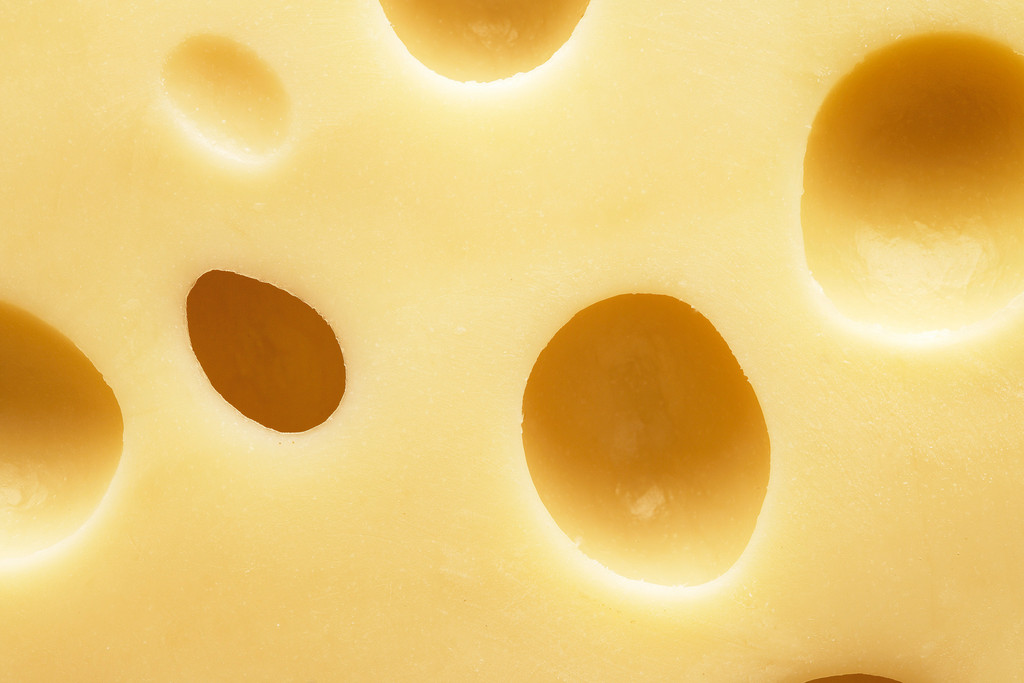
![[Translate to fr:]](/fileadmin/_processed_/9/e/csm_maggi-flasche-geneigt_d99b6f4bac.jpg)

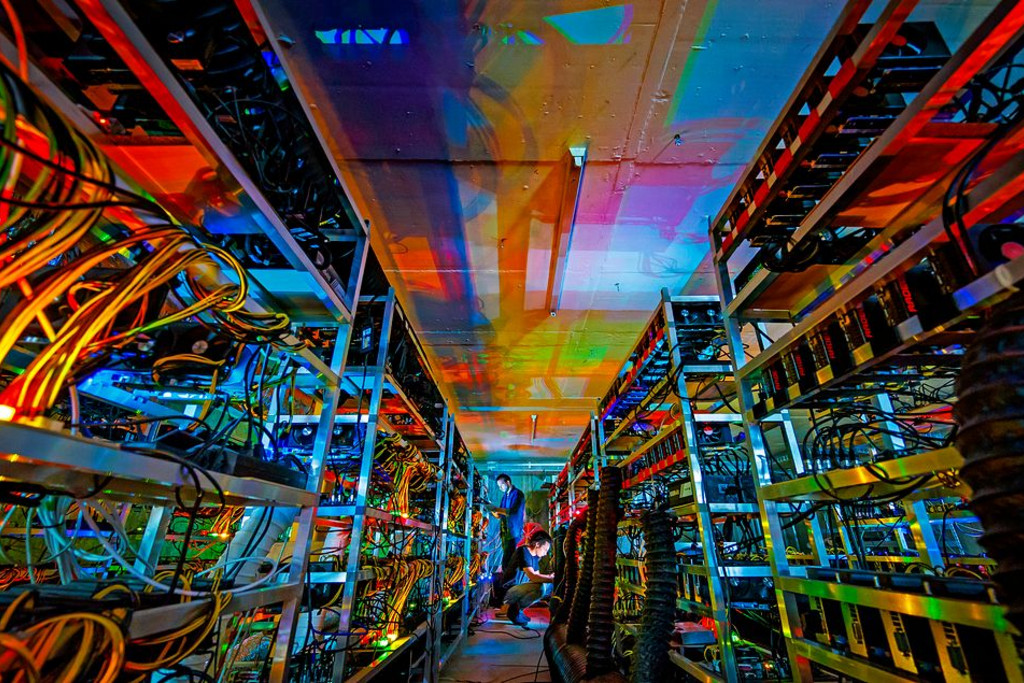
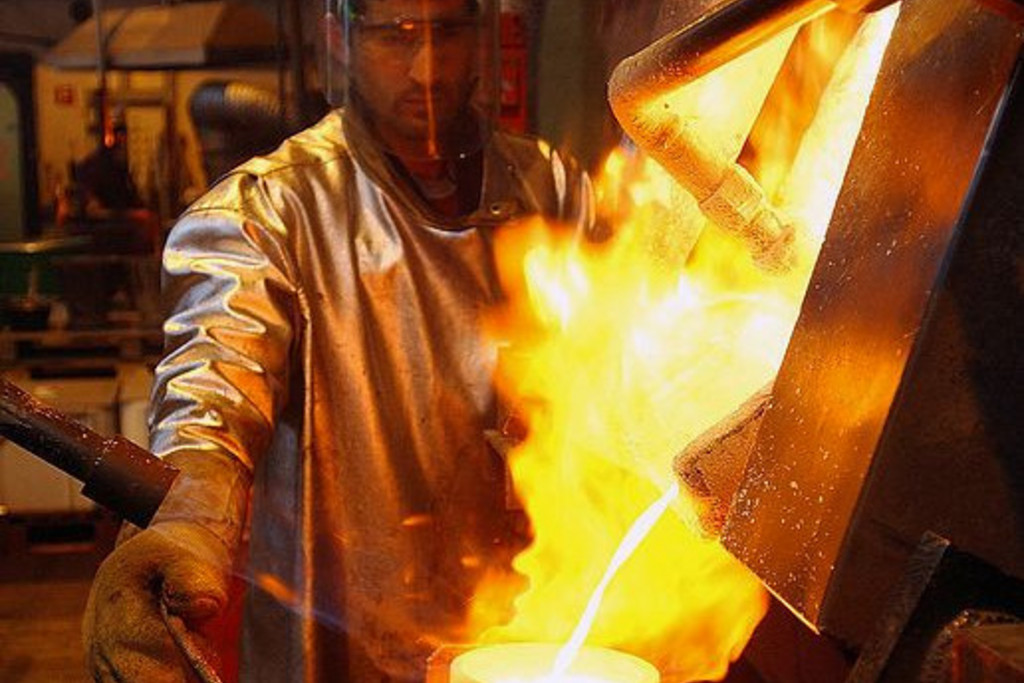

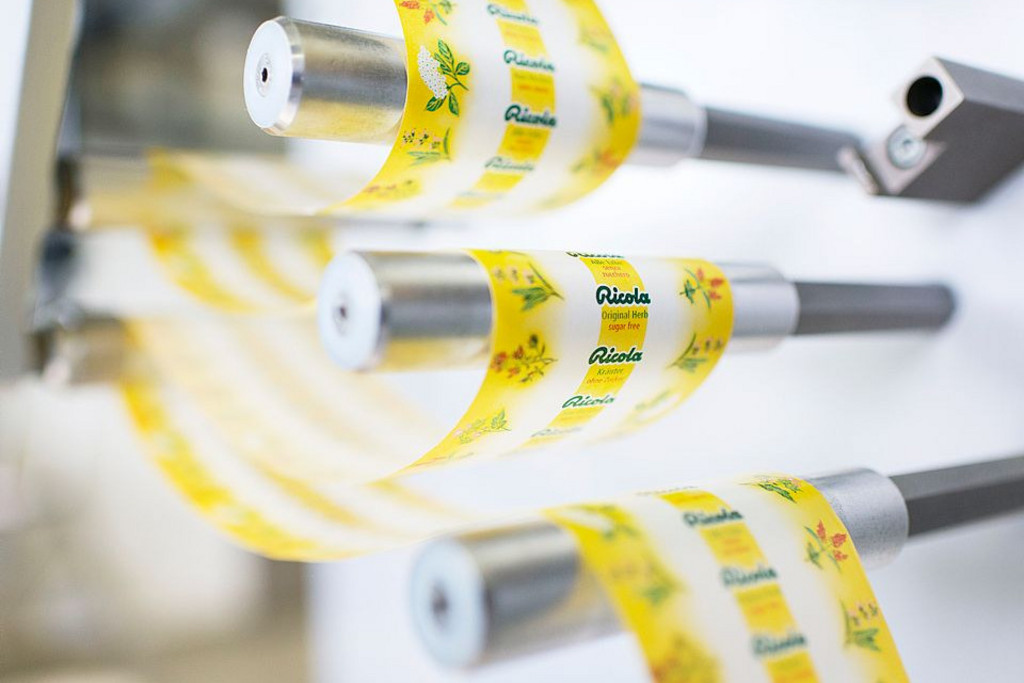
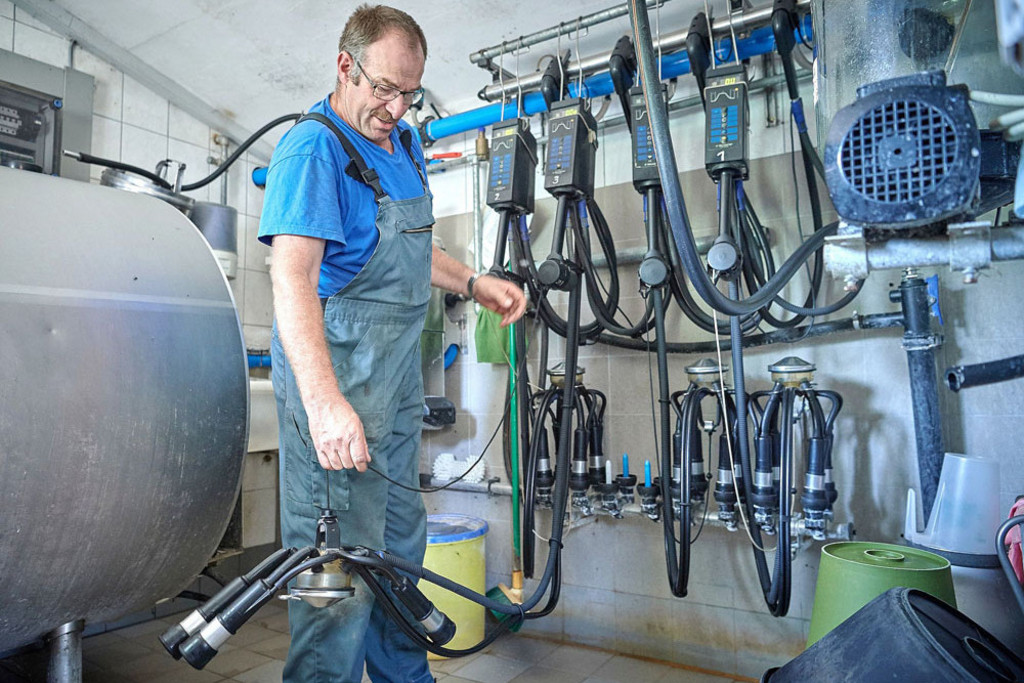

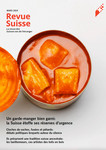

Comments
Comments :
The Swiss label stands for quality worldwide, even at a subconscious level among consumers who know nothing about Switzerland. Since companies abuse the brand and dilute it, it is necessary to protect and strengthen it, and the only way to achieve that is through enforcing standards.
It is important to remember that this act not only protects Swiss industries, it also protects consumers by improving transparency with regards to the origin and practices used in preparing the products and services we buy.
Companies that can no longer use the Swiss label due to not meeting the standards of the Swissness Act, are not discriminated against. They can still protect their brands with trademarks and customer satisfaction.
The Swiss label stands for quality worldwide, even at a subconscious level among consumers who know nothing about Switzerland. Since companies abuse the brand and dilute it, it is necessary to protect and strengthen it, and the only way to achieve that is through enforcing standards.
It is important to remember that this act not only protects Swiss industries, it also protects consumers by improving transparency with regards to the origin and practices used in preparing the products and services we buy.
Companies that can no longer use the Swiss label due to not meeting the standards of the Swissness Act, are not discriminated against. They can still protect their brands with trademarks and customer satisfaction.
I agree that products with any Swiss designation need to have high standards of quality control but not to the detriment of Swiss manufacturers and the economy.
Die USA und damit auch Trump werden sich diese Fragen wohl nie stellen, weil schon allein diese nie auf so etwas kommen würden. Mehr noch, die Qualität ihrer Produkte können Sie auch mit wer weiss was für einen Verpackungs-Aufdruck verbessern.
Es kommt mir ähnlich vor wie hier in Costa Rica die Geschwindigkeits-Vorschriften auf der Autobahn. Alle fahren so schnell sie wollen, denn erwischt zu werden ist so selten wie ein Los in der Lotterie zu gewinnen. Ich nehme an, die Polizei hier benützt vielleicht einmal pro Woche eine der wenigen Radar-Pistolen die sie besitzen.
Als Schweizer hier im Ausland, fällt uns eventuell auf, dass der Gegenstand nicht in der Schweiz hergestellt wurde, aber ein Nichtschweizer, weiss zum Teil nicht einmal was das Schweizerkreuz bedeutet. Wenn sie im Süden von den USA Benzin tanken und der Schwarze, welche das Benzin einfüllt fragt, woher du kommst, und du sagst "from Switzerland", wird er vermutlich antworten: "Oh, that's in New Mexicio, right". Vermutlich kann er gar nicht lesen.
Also viel Glück mit dem neuen Gestetz. Hier in Costa Rica, wenn jemand etwas dummes macht, sagt man: "Para tonto no hay que estudiar" oder auf Deutsch: Um dumm zu sein muss man nicht studieren. Das Gesetz hat sicher eine gute Absicht, und wie man sagt, zählt ja diese. Dass es nicht kontrollierbar ist, ist jedoch dumm.
Komischerweise lässt man dies zu weil man wohl angst hat dem "Grossen Bruder" auf den Nerf zu treten!!
Aber als Schweizer der schon 32 Jahre in den USA lebt und 49 Jahre für eine "echte"Schweizer Firma gearbeitet hat ist es oft mühsam zu sehen mit was für welchen S,,,,,produkten unser Schweizerkreuz und der Name SWISS in Verbindung gebracht wird.
Wenn die Schweizer Flagge international geschützt ist, dann sollte man gegen die kommerziellen Sünder vorgehen können. Dazu brauchen wir eine zentrale Meldestelle, wo man Bilder einschicken kann.
Es werden Berichte erstellt , kontrolliert , Sitzungen abgehalten und neuen Weisungen vom Staat verfolgt .Die anfallenden Mehrkosten der produzierenden Firmen verteilen sich dann elegant und fast unmerklich auf den Verbraucher.
Mein Unmut kommt nicht von ungefähr , ich lernte in einer Gross Schweizer Firma mit 1000 Bürolisten / 2000 Arbeiter welche erwartungsgemäss bald unter gegangen ist. Vor meiner Pensionierung in einem Schweizer Staats Betrieb welcher in den 80er Jahren mit 20 Angestellten perfekt funktionierte arbeiten unterdessen mit dem gleichen Auftrag Volumen gegen 50 Angestellte.
( Umständliche Anforderungen und Hürden )wie in Ihrem Bericht oben zitiert !